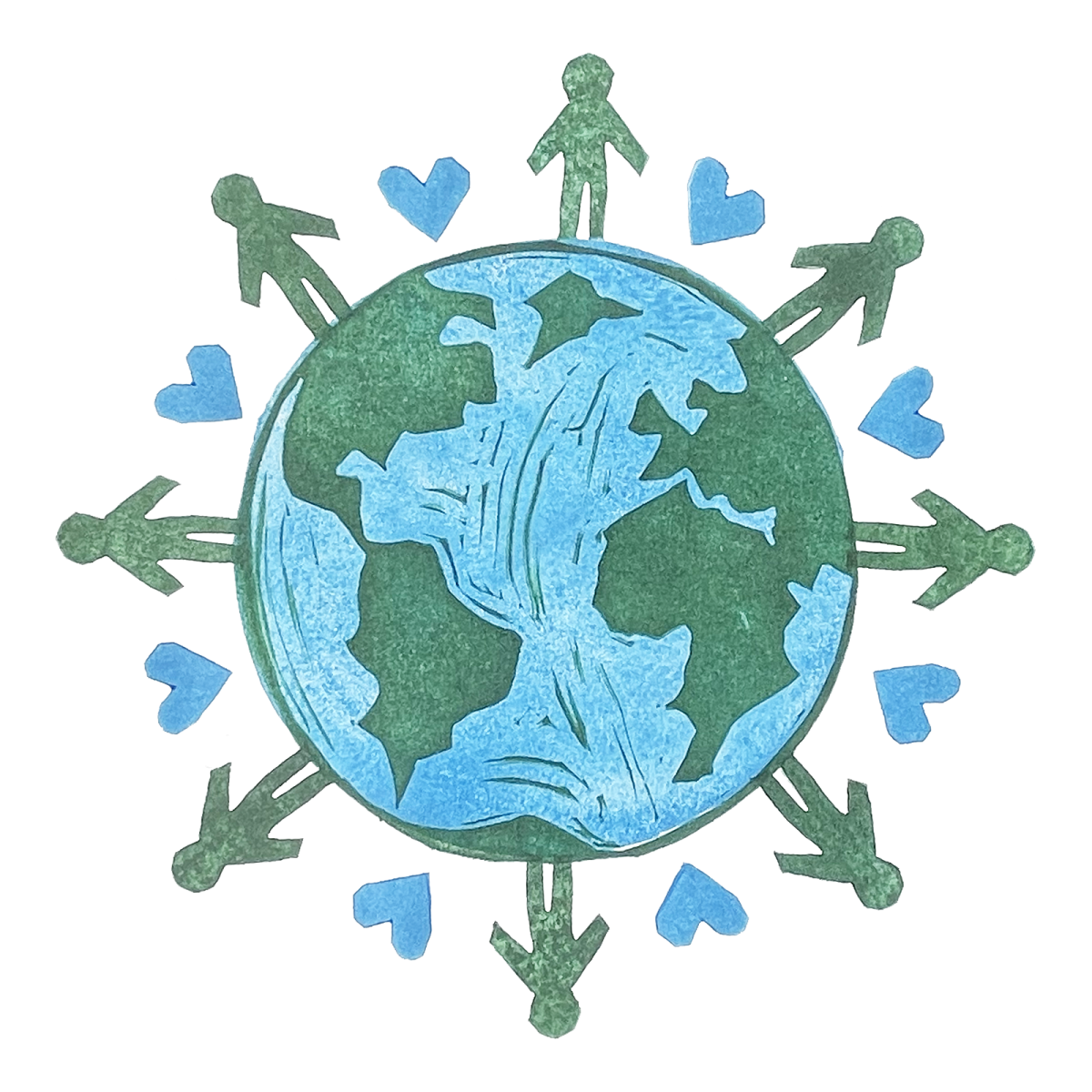With each passing year, scientific reports on the state of the planet’s ecological processes become increasingly harrowing.
Climate change has proven to fulfill and exceed decades worth of terrifying projections for the kind of environmental degradation people will experience should historic changes not be made to correct harmful human lifestyle practices.
Despite the actualization of predictions such as lethal “natural” disasters, ocean acidification and atmospheric warming, human response has not only failed to improve; it’s gotten worse, and part of the problem is diversion of responsibility.
The idea of the future “lying in the hands of the youth” has been taken to a dangerous extreme in the form of apathy amongst older generations. The notion of climate change being a problem strictly for Generation Z to solve has been suggested too often and perpetuated for far too long within everyday discourse.
This idea is a sorry excuse for inaction disguised as a kind of admirable faith in the ability of today’s young people to clean up a deadly mess they didn’t spend decades aggravating.
It is a diversion of responsibility and redirection of blame out of either ignorance and selfishness or perceived helplessness, and it perpetuates the misconception that people past a certain age are unable to change and positively contribute to society.
Science has known about the devastating effect human activities have on the natural environment as we now understand it since the 1950s, but only within recent decades have conditions accelerated enough for more of the general public to begin caring.
The fact that this information has been available for so long, such that the degradation the planet has to face and will continue facing indefinitely could have been even partially prevented, is indescribably disheartening. Considering the apathy that continues to plague the mentalities of those who have the tools to make a difference, though, it’s unfortunately not that hard to understand.
A harmful pattern of thinking exists amongst people of all ages regarding how age affects one’s place in society, primarily in the West. Many think the future of change lies almost exclusively in the paths of college students and unattached people in their twenties with no families or advantageous careers to consume their time, because for older adults, that ship has already sailed.
If children are not mature enough to inflict societal change and most adults are too mature to do the same, then that leaves an incredibly small window in a person’s life to be eligible to make a difference. It sounds ridiculous because it is.
The life experience and wisdom older people tend to have could prove to be crucial when trying to understand how to go about achieving change. Instead, older people are revered in positions of power for that very same experience and wisdom, but absolved of guilt when it comes time to address uncomfortable, fairly unfamiliar issues like climate change and other still-emerging consequences of long-term capitalism.
The average age of a U.S. Congress member is 58 years old. The median age for a world leader is 62. How long must the Earth wait before someone young enough comes along to inflict climate change reform, stop global humanitarian crises and make an actual attempt at preserving some semblance of a future for their children instead of their wealth and power? How long before it’s too late?
The assertion that young people should carry most of the responsibility for responding to climate change is also a primary driving force behind a high concentration of climate anxiety amongst Gen Z. The daily barrage of news covering climate change catastrophes and political inaction is enough to send any otherwise mentally-stable person into an existential crisis –– it’s worse when one is told that they also have to fix it.
Gen Z only makes up about 20% of the global population. By 2050, there will be around double the amount of people over 50 as there are today, approximately 3.2 billion. This 20% of the population alone can’t mitigate ecological degradation, and it’ll be twice as hard to dissolve apathy among older people in 30 years if these thinking patterns aren’t exterminated as soon as possible.
When Gen Z is in their 40s and 50s, suddenly it will be their children’s problem to solve. Remember, boomers were once known for social advocacy, too.
It is a privilege to live in a part of the world where climate and weather have not yet become so extreme that migration becomes necessary to continue living. It is a privilege to live in a country that can afford the same A/C that makes the outside so unbearably hot it becomes necessary in the first place.
This is not a problem just one generation can solve, but it is one that perhaps all generations can.
Everyone, especially those living within a place of privilege on this earth, can make a difference, no matter how seemingly insignificant. No matter how old, everyone must band together to alter the way society is organized and operates.
Everyone must work to educate themselves politically and strive to understand the way disparity affects people, to understand how their lifestyle will change the future and to understand that today’s fight will be tomorrow’s success. Failing to understand the consequences one’s actions have on the planet is irresponsible and reckless. Life doesn’t stop after 40, but it might after climate change.


